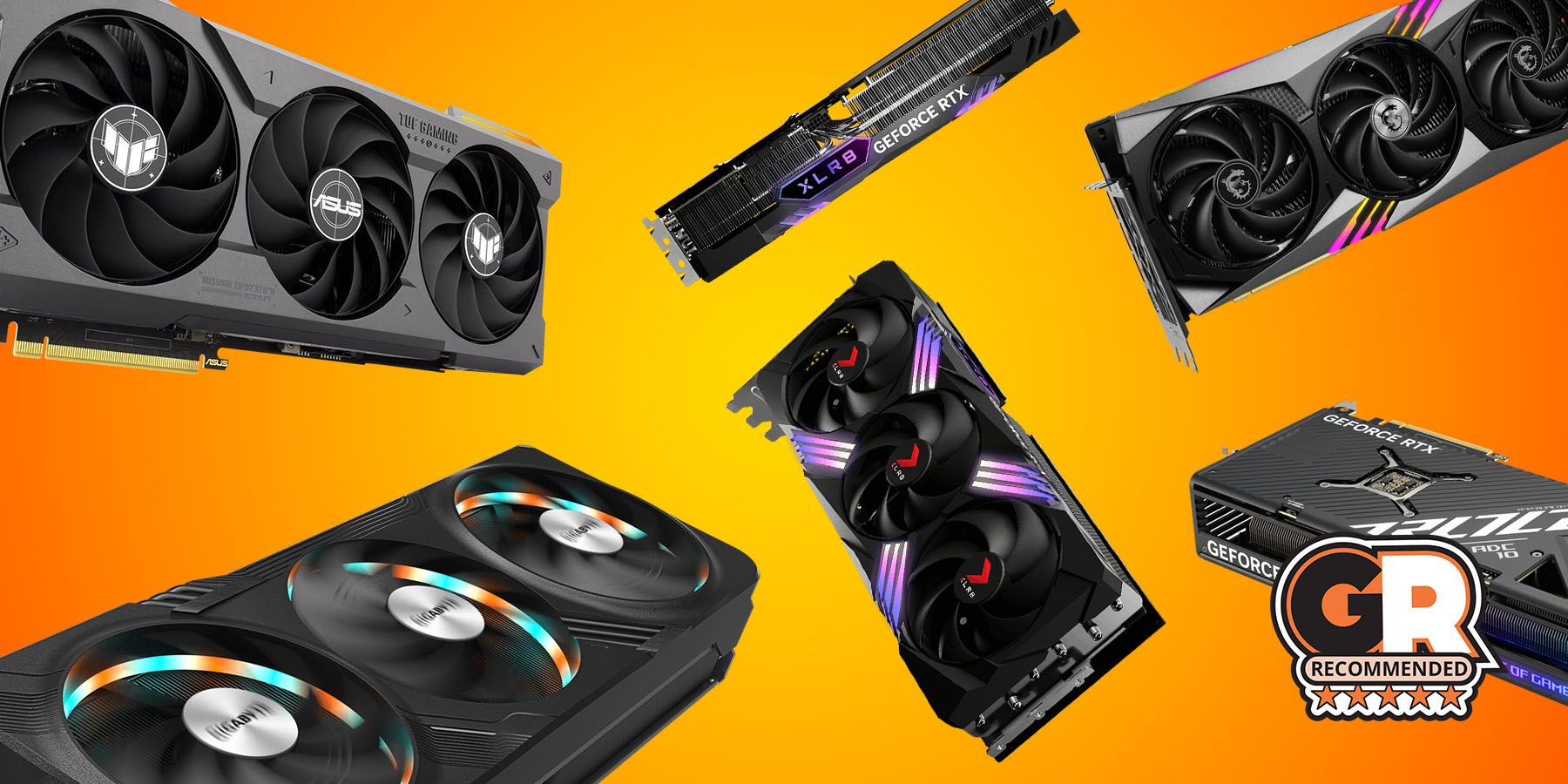Nvidia's Ambitious Plans for Vietnam: A Second Home for Semiconductor and AI Development
Nvidia's co-founder and CEO, Jensen Huang, revealed the tech giant's plans to turn Vietnam into a second home for semiconductor and AI development during a seminar at Hanoi's Hoa Lac Hi-tech Park. This article details Nvidia's ambitious initiatives in Vietnam and their implications for the semiconductor industry and AI development.
Nvidia's Vision for Vietnam
Nvidia, the renowned tech giant, has set its sights on establishing a manufacturing base in Vietnam and transforming the Southeast Asian nation into a 'second home' for semiconductor and AI development. This strategic move stems from Nvidia's commitment to investing in Vietnam's workforce and infrastructure to support the growth of new technologies, as revealed by Jensen Huang, the company's co-founder and CEO, during a seminar held at Hanoi's Hoa Lac Hi-tech Park on December 11.
nvidia geforce rtx 4090
Huang emphasized the growing importance of AI in the development of nations and expressed confidence in Vietnam's readiness to embrace these new technologies. He highlighted Nvidia's intention to further invest in Vietnam and outlined plans to create a local legal entity and establish a chip production center and design center in the country. These initiatives aim to bolster Vietnam's semiconductor and AI ecosystem, paving the way for the nation to become a hub for cutting-edge technologies.
Nvidia's Strategic Investments in Vietnam
In discussions with Vietnamese Prime Minister Pham Minh Chinh, Huang articulated Nvidia's vision of making Vietnam a 'second home' and outlined the company's commitment to fostering the growth of semiconductor and AI technologies in the country. The plan includes the establishment of a chip production center to contribute to the development of a robust semiconductor ecosystem in Vietnam.
Furthermore, Huang expressed the possibility of creating a million AI engineers in Vietnam, highlighting the potential for the nation to cultivate a skilled workforce proficient in AI technologies. This ambitious endeavor aligns with Nvidia's focus on advancing AI technologies and underscores the company's dedication to nurturing talent and expertise in Vietnam.
Nvidia's Future Endeavors and Industry Impact
Beyond its plans for Vietnam, Nvidia is poised to release the highly anticipated RTX 40 Super Series of graphic cards, signaling the company's enduring influence in the realm of GPUs. Additionally, Nvidia's foray into Arm-based processors for devices running on Microsoft's Windows operating system positions the company as a significant competitor in the semiconductor industry, challenging established players like Intel.
With its ambitious initiatives, including the establishment of a manufacturing base and the development of AI technologies in Vietnam, Nvidia aims to elevate the nation's technological prowess and contribute to the global semiconductor landscape. The company's commitment to innovation and growth not only holds promise for the future of gamers but also signifies a pivotal shift in the semiconductor and AI sectors.














